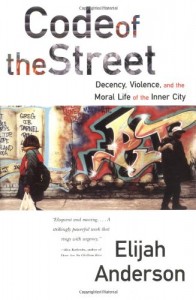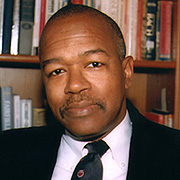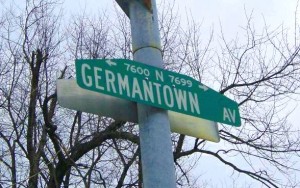Code of The Street

By Elijah Anderson
- Elijah Anderson is an American Sociologist and Professor in Yale University.
- One of the nation’s leading urban ethnographers and Cultural Theorists.
- He teaches and directs the Urban Ethnography Project.
Anderson published a book called Codes of The Street where it explains the sociological, economic and geographic factors that contributes to the mentality commonly seen among young men in the inner city and the violence that can emerge as a result.
In the book, Anderson provided an “inside look” into the inner city world. It describes life in Germantown, Philadelphia; however, what he explains could be in any mid-sized city in America. He explains the types of people like the “street” people, “decent” people and there are the ones in between “code switch”.
It highlights the struggles that today’s youth go through on a daily basis to be either “decent” or “street”, but it does not only include teenagers, also everyone else in the community.
One of the most important things is the difference between street and decent. It is difficult to figure out who is who. It is supposed to be that way. It is about survival.
Simply living in such an environment places young people at special risk of falling victim to aggressive behavior.
Many people who read the book said the book was particularly eye opening allowing them to understand further the class structure of the city.
Street Family
Street parents are the start of what makes them look as “bad people” especially by the “decent people”. They have a superficial sense of family and community. Street parents may find it difficult to cope with the physical and emotional demands of parenthood. However, they are more fully invested in the code of the street, which they more fully believe in it and judge themselves and others according to its values.
Street people are decent family’s worst nightmare. Decent families usually try to avoid any interactions even if there is something disturbing in the neighborhood the decent people will call the police on the street people, but the police rarely will respond and there will be no confronting, because they do not want to get into trouble.
Moreover, Street oriented women are a huge problem to the community. While a street woman goes to a bar, socialize with other adults and getting high. She might be abandoning her children. After repeat absence the authorities will often take the children from her to another guardian.
The street children will learn to fend themselves and foraging for food and money any way they can; which will lead them to drug dealers to be working for or become addicted themselves. With little supervision for the children it says to “come up hard”. They learn how to fight in early age due to the home they live in with the short tempered adults and that will lead to anger, physical aggression, even mayhem which quickly they will learn to hit those who cross them.
Violence springs from the circumstances of life among the ghetto poor – the lack of jobs that pay a living wage, limited basic public services like (police response in emergencies, building maintenance, trash pickup, lighting, and other services that middle-class neighborhoods take for granted).
Decent Family
Decent residents judge themselves to be so while judging others to be of the street, and street individuals often present themselves as decent, drawing distinctions between themselves and other people.
Generally, so-called decent families tend to accept mainstream values more fully and attempt to instill them in their children. Whether married couples with children or single-parent (usually female) households, they are generally “working poor” and so tend to be better off financially than their street-oriented neighbors.
They value hard work and self-reliance and are willing to sacrifice for their children.
Decent parents tend to be strict in their child-rearing practices, encouraging children to respect authority and walk a straight moral line.
At the same time, they are themselves polite and considerate of others, and teach their children to be the same way. At home, at work, and in church, they strive hard to maintain a positive mental attitude and a spirit of cooperation.
Relevance to the City of Doha, Qatar:
In Doha, I believe that usually these environments of street people does not exist or if it does it might be in few areas that does not affect the whole society like in America. Usually in Doha if does exist it will be affected in public schools only where all the levels will mix however, they are not street people because street people as Anderson mentioned will not be educated.
References:
ANDERSON, E. (1994, May 1). The Code of the Streets. Retrieved March 1, 2015, from https://www.nytimes.com/books/first/a/anderson-code.html
Code of the Street: Decency, Violence, and the Moral Life of the Inner City Paperback – Abridged, September 17, 2000. (n.d.). Retrieved March 1, 2015, from http://www.amazon.com/gp/product/0393320782?ie=UTF8&isInIframe=1&n=283155&redirect=true&ref_=dp_proddesc_0&s=books&showDetailProductDesc=1#iframe-wrapper
Elijah Anderson. (n.d.). Retrieved March 2, 2015, from http://en.wikipedia.org/wiki/Elijah_Anderson
LeGates, R. (1996). The city reader. London: Routledge.


